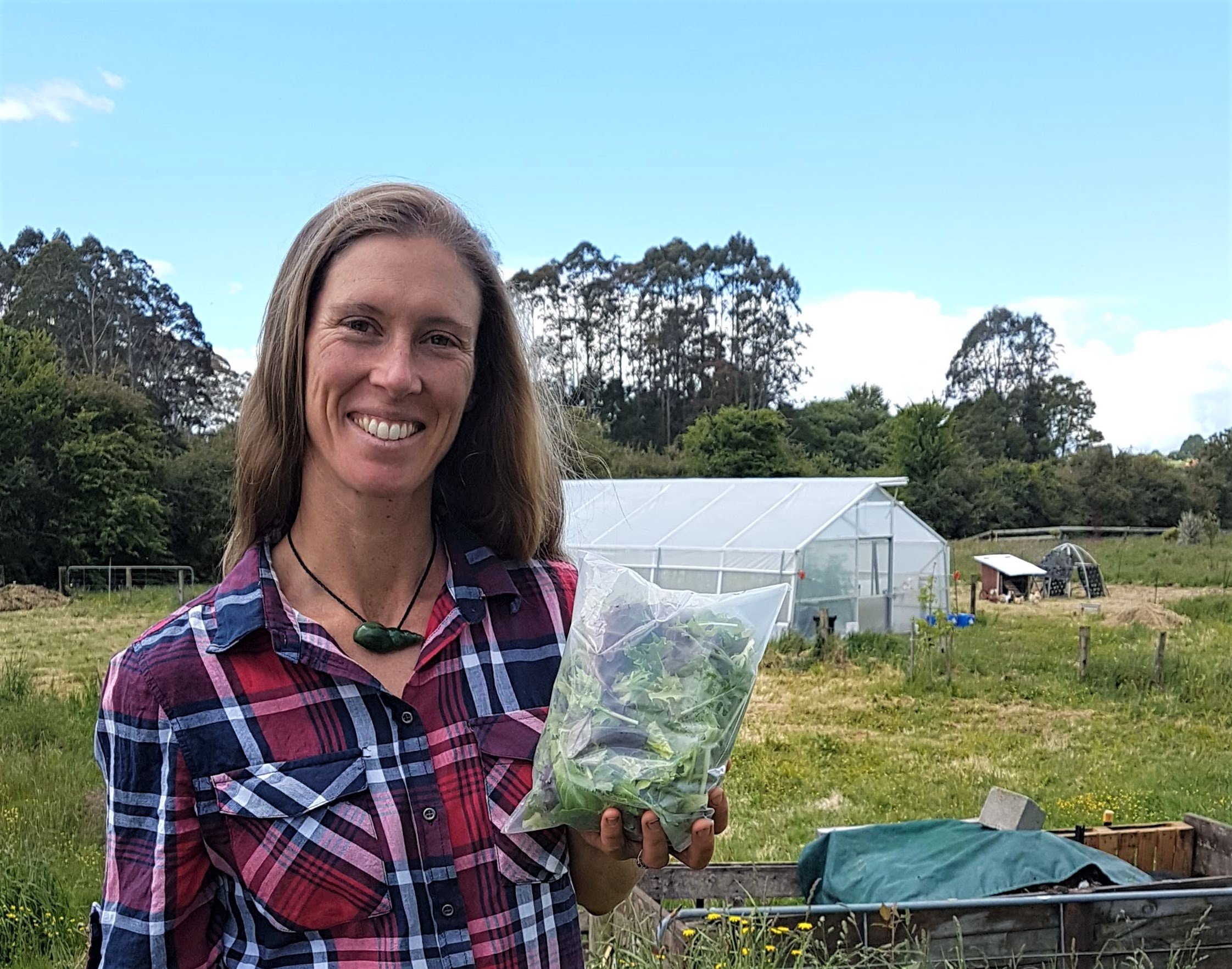Letter to Ministers and MPs: Seizing the opportunities of organic regenerative farming
A remit passed at the 2022 Soil & Health AGM calling for advocacy on climate change action through organic regenerative farming.
The following letter was sent to Ministers and MPs on 18th April 2023.
To:
Hon Damian O’Connor MP, Minister for Primary Industries;
Hon James Shaw MP, Minister of Climate Change
Chris Luxon MP, Leader of the Opposition
Todd McClay MP, Opposition spokesperson for agriculture
Simon Watts MP, Opposition spokesperson for climate change
Debbie Ngarewa-Packer MP, Co-leader Te Pāti Māori
Mark Cameron MP, ACT Party agriculture spokesperson
Simon Court MP, ACT Party climate change spokesperson
Teanau Tuiono MP, Green Party agriculture spokesperson
Dear Ministers, and Members of Parliament,
Re. Seizing the Opportunities of Organic Regenerative Farming
We write to you in the aftermath of cyclone Gabrielle, as the country continues to grapple with the challenges of a changing climate and the need to reduce our emissions in line with international agreements. The Organic Products and Production Act has also now received Royal Assent. The passing of this legislation is a major opportunity for our country.
Organic regenerative farmers around New Zealand are leading the way. They are doing this by lowering their environmental footprint through organic regenerative farm practice, whilst also commanding a premium price in domestic and international markets through organic certification. We believe that greater political support for the transition to organic food and farming, while embracing regenerative practices, can deliver the best of both worlds. This means lower gross emissions and environmental impact, whilst upholding the best possible price for farm produce.
As political parties prepare for this year’s general election, we implore you to champion support for the organic regenerative transition. Trading partners such as the European Union and United States are already moving in this direction. They have clear targets and incentives from the government.
The Global Shift to Environmental Leadership Through Organics
The return on organic produce is higher than for conventional. This premium is based on consumer concern for environmentally sustainable food, and trust in organic certification which is a globally recognised and regulated system.
The EU provides funding for organic transition, with a goal to have 25% of the EU’s agricultural land area under organic management by 2030. The United States recently announced $300m for organic transition.
Organic regenerative farms across New Zealand are a largely untapped resource when it comes to climate change and the environment. It is time to create a more open and meaningful exchange of knowledge between the organic and conventional sectors for the benefit of the environment and society. This work requires leadership and resourcing from all sides, including politicians and the government.
Lowering Our Carbon Intensity
The prohibition of synthetic nitrogen fertilizer on organic farms alone makes their carbon footprint significantly different from conventional counterparts.
Between 1991 and 2019, the amount of nitrogen applied to New Zealand soil increased by 629%. When soil microbes consume nitrogen, they also consume a proportional amount of carbon, potentially emitting more GHGs. Synthetic nitrogen fertilizers also cause more nitrous oxide (a greenhouse gas 300 times more potent than CO2) to be emitted from soil.
Although nitrous oxide emissions occur on nearly all farms to some degree, organic farms in Europe were found to emit 40% less than comparable conventional farms. Techniques commonly used by organic farmers, including manure composting, have been shown in Europe to reduce emissions of nitrous oxide by 50% and methane by 70%.
Policy to Support Environmental Leadership on Farms
To advance this vital opportunity we are calling on politicians and the government to:
- Fund targeted research on organic farm management and climate emissions,
- Give incentives and support for regenerative farmers to obtain organic certification, such as bridging finance or grants to cover certification (typically over three years),
- Ensure ongoing structural funding for organic sector organisations to deliver extension and support for organic growers and businesses and conventional farmers wishing to convert to organics.
We would be happy to supply more information on any of the points raised in this letter,
Yours sincerely
Marion Wood
Chairperson, the Soil & Health Association of New Zealand
A PDF version of the letter can be accessed here.




